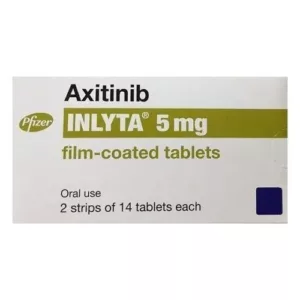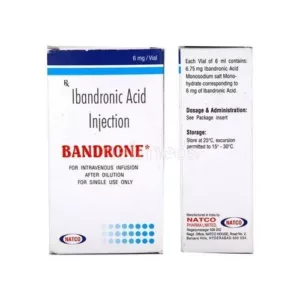Epbriv 0.44mg Injection can be used on its own, or sometimes given together with certain other medicines as part of combination chemotherapy. It is given as injection under the supervision of doctor. Your doctor will decide what dose is necessary and how often you need to take it. This will depend on what you are being treated for and may change from time to time. You should take it exactly as your doctor has advised. Taking it in the wrong way or taking too much can cause very serious side effects. It may take several weeks or months for you to see or feel the benefits but do not stop taking it unless your doctor tells you to.
The most common side effects of this medicine include weakness, hair loss, nausea, and constipation. This medicine may reduce the number of blood cells (decrease red blood) in your blood, thereby, increasing the susceptibility to infections. Regular blood tests are required to check your blood cells along with heart, liver, and blood uric acid and electrolytes levels. You might experience numbness, tingling or pricking sensations in your hands and feet. Consult with your doctor immediately if it bothers you or would not go away on their own.
Before taking it, tell your doctor if you have heart disease, liver, or kidney problems or are taking any medicines to treat infections. Many other medicines can affect, or be affected by, this medicine so let your doctor know all medications you are using. This medicine is not recommended during pregnancy or while breastfeeding. The use of effective contraception by both males and females during treatment is important to avoid pregnancy.
USES OF EPBRIV INJECTION
- Metastatic breast cancer
BENEFITS OF EPBRIV INJECTION
In Metastatic breast cancer
SIDE EFFECTS OF EPBRIV INJECTION
Common side effects of Epbriv
- Anemia (low number of red blood cells)
- Weakness
- Hair loss
- Nausea
- Constipation
- Decreased white blood cell count
- Fatigue
- Peripheral neuropathy (tingling and numbness of feet and hand)
HOW TO USE EPBRIV INJECTION
HOW EPBRIV INJECTION WORKS
SAFETY ADVICE

Alcohol

Pregnancy

Breast feeding

Driving

Kidney

Liver










